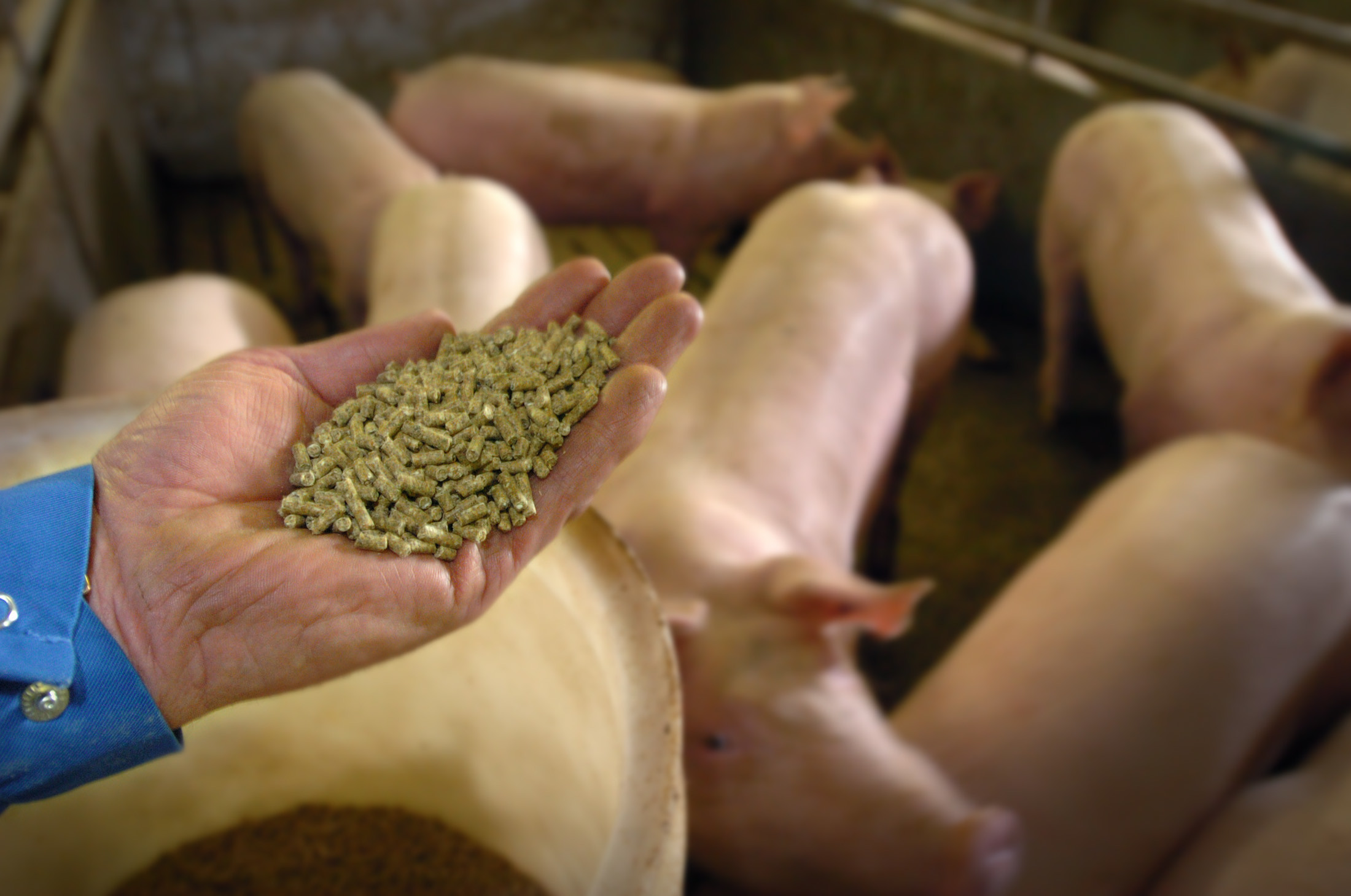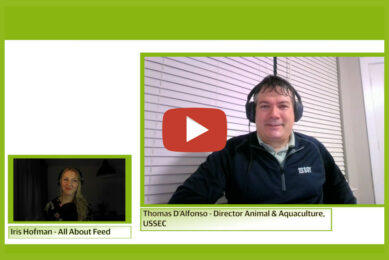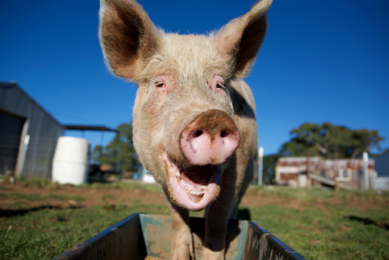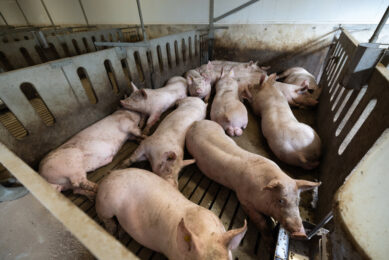Microbial protein in feed: Better for the environment

Protein-rich microbes, produced in large-scale industrial facilities, are likely to increasingly replace traditional crop-based feed.
This is according to researchers from the Netherlands, Belgium and Australia who estimated the economic and environmental potential of feeding microbial protein to pigs, cattle and chicken on a global scale.They published their findings in the journal Environmental Science & Technology.
Replacing 2% of feed
Microbes can be cultivated with energy, nitrogen and carbon in industrial facilities to produce protein powders, which are then fed instead of soybeans to animals. Cultivating feed protein in labs instead of using croplands might be able to mitigate some environmental and climatic impacts of feed production.
This particular study is based on computer simulations that assess the economic potential and environmental impacts of microbial protein production until the middle of the century. The researchers find that by replacing only 2% of livestock feed by protein-rich microbes, more than 5% of agricultural greenhouse gas emissions, global cropland area and global nitrogen losses could each be decreased.
Huge energy demand
For their new study, the researchers considered 5 different ways to breed microbes: By using natural gas or hydrogen, feed production could be completely decoupled from cultivating cropland. This landless production avoids any pollution due to agricultural production, but it also comes with a huge energy demand. Other processes that make use of photosynthesis by upgrading sugar, biogas or syngas from agricultural origin to high-value protein result in lower environmental benefits; some eventually even in an increase in nitrogen pollution and greenhouse gas emissions.
More things are needed
Microbial protein alone will not be enough for making our agriculture sustainable, address the researchers. To reduce the environmental impact of the food supply chain, major structural changes in the agro-food system are required as well as changes in human dietary patterns towards more vegetables.
[Source: Sciencedaily]











